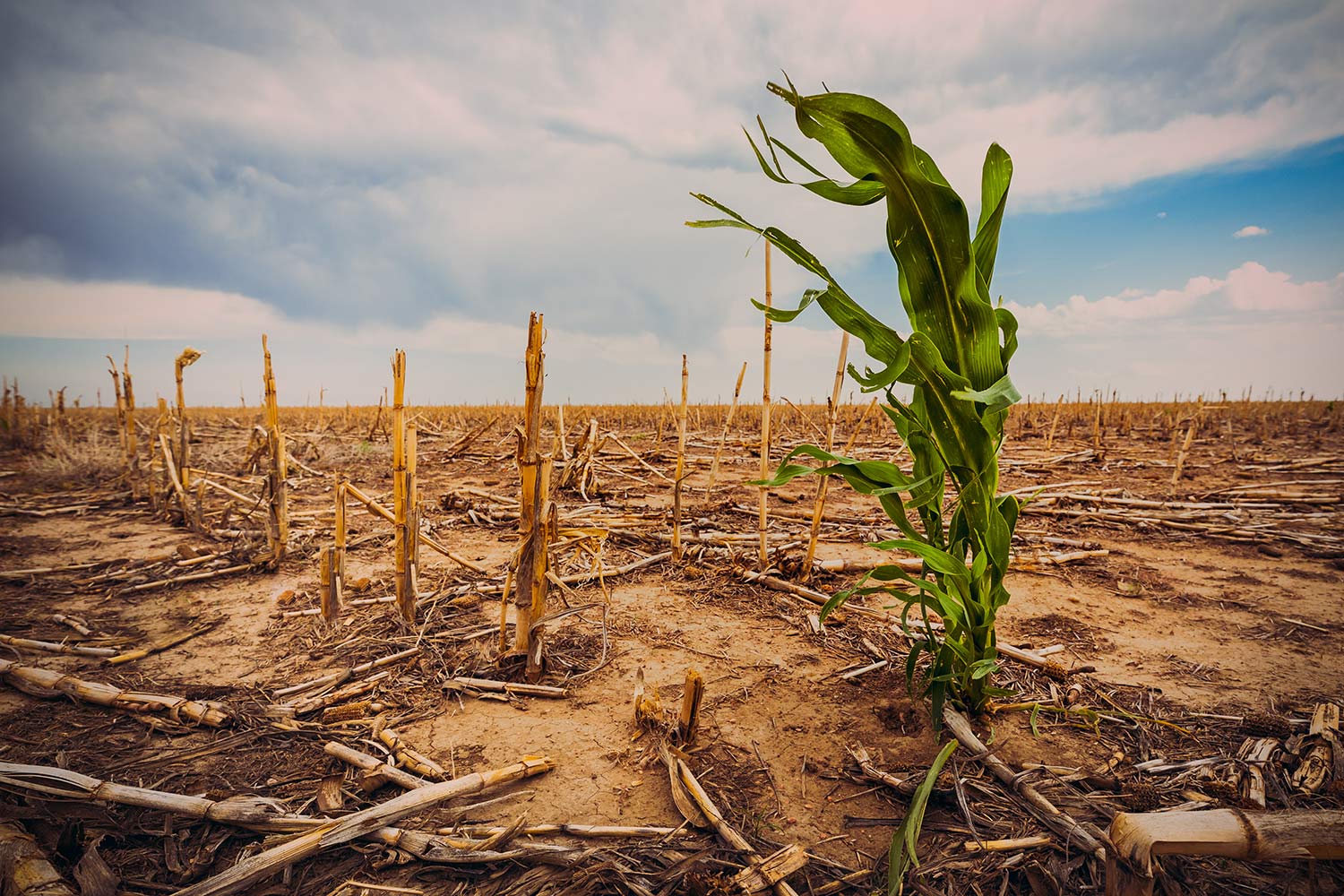
Climate change is one of the most pressing issues of our time, affecting everything from weather patterns to wildlife. But what exactly is it, and why should you care? Climate change refers to long-term shifts in temperatures and weather patterns, mainly due to human activities like burning fossil fuels. These changes can lead to extreme weather events, rising sea levels, and disrupted ecosystems. Understanding the facts about climate change can help you make informed decisions and take action. In this post, we'll explore 29 crucial facts about climate change that will shed light on its causes, effects, and what you can do to help. Buckle up; it's time to get informed!
What is Climate Change?
Climate change refers to significant changes in global temperatures and weather patterns over time. While climate change is a natural phenomenon, human activities have accelerated these changes.
- Climate change is largely driven by the increase in greenhouse gases like carbon dioxide and methane.
- The Industrial Revolution marked the beginning of significant human impact on the climate.
- Fossil fuels such as coal, oil, and natural gas are major contributors to greenhouse gas emissions.
Effects on the Environment
The environment is directly impacted by climate change, leading to various consequences that affect ecosystems and biodiversity.
- Rising sea levels are a result of melting polar ice caps and glaciers.
- Ocean acidification occurs as oceans absorb more carbon dioxide, harming marine life.
- Extreme weather events like hurricanes, droughts, and floods are becoming more frequent and severe.
Impact on Wildlife
Climate change affects wildlife by altering habitats and food sources, leading to shifts in population and behavior.
- Polar bears are losing their ice habitats, making it harder for them to hunt seals.
- Coral reefs are experiencing bleaching due to warmer ocean temperatures.
- Migratory patterns of birds and animals are changing as they adapt to new climate conditions.
Human Health Concerns
Climate change also poses significant risks to human health, affecting everything from air quality to the spread of diseases.
- Heatwaves are becoming more common, leading to heat-related illnesses and deaths.
- Air pollution is exacerbated by higher temperatures, worsening respiratory conditions.
- Vector-borne diseases like malaria and dengue fever are spreading to new areas as temperatures rise.
Economic Implications
The economic impact of climate change is vast, affecting industries, infrastructure, and livelihoods.
- Agriculture is suffering due to unpredictable weather patterns and extreme conditions.
- Fishing industries are impacted by changing ocean temperatures and acidification.
- Insurance costs are rising as natural disasters become more frequent and severe.
Mitigation and Adaptation
Efforts to combat climate change focus on both mitigation (reducing emissions) and adaptation (adjusting to changes).
- Renewable energy sources like wind, solar, and hydroelectric power are essential for reducing emissions.
- Energy efficiency improvements in buildings and transportation can significantly cut greenhouse gas emissions.
- Reforestation helps absorb carbon dioxide from the atmosphere.
International Agreements
Global cooperation is crucial in addressing climate change, leading to various international agreements and initiatives.
- The Paris Agreement aims to limit global warming to well below 2 degrees Celsius.
- The Kyoto Protocol was an earlier international treaty that set binding emission reduction targets.
- COP26 is a major climate conference where countries discuss progress and future actions.
Technological Innovations
Technology plays a key role in both understanding and combating climate change.
- Climate modeling helps predict future climate scenarios and impacts.
- Carbon capture and storage technology aims to trap and store carbon dioxide emissions.
- Electric vehicles are reducing reliance on fossil fuels for transportation.
Individual Actions
Individuals can also contribute to combating climate change through various actions and lifestyle changes.
- Reducing meat consumption can lower methane emissions from livestock.
- Using public transportation or biking reduces carbon footprints.
- Recycling and composting help reduce waste and lower greenhouse gas emissions.
Future Projections
Understanding future projections helps in planning and preparing for the impacts of climate change.
- Global temperatures are expected to rise by 1.5 to 2 degrees Celsius by the end of the century.
- Sea levels could rise by up to 1 meter, affecting millions of people living in coastal areas.
The Bigger Picture
Climate change isn't just a buzzword. It's a real, pressing issue affecting every corner of our planet. From rising sea levels to extreme weather events, the impacts are undeniable. Understanding these 29 facts about climate change helps us grasp the urgency of the situation.
Every small action counts. Reducing carbon footprints, supporting renewable energy, and spreading awareness can make a difference. The more we know, the better equipped we are to tackle these challenges head-on.
Remember, it's not just about the environment. Climate change affects economies, health, and communities worldwide. By staying informed and proactive, we can contribute to a healthier, more sustainable future.
Let's use this knowledge to inspire change. Together, we can make a positive impact and protect our planet for generations to come.
Was this page helpful?
Our commitment to delivering trustworthy and engaging content is at the heart of what we do. Each fact on our site is contributed by real users like you, bringing a wealth of diverse insights and information. To ensure the highest standards of accuracy and reliability, our dedicated editors meticulously review each submission. This process guarantees that the facts we share are not only fascinating but also credible. Trust in our commitment to quality and authenticity as you explore and learn with us.


